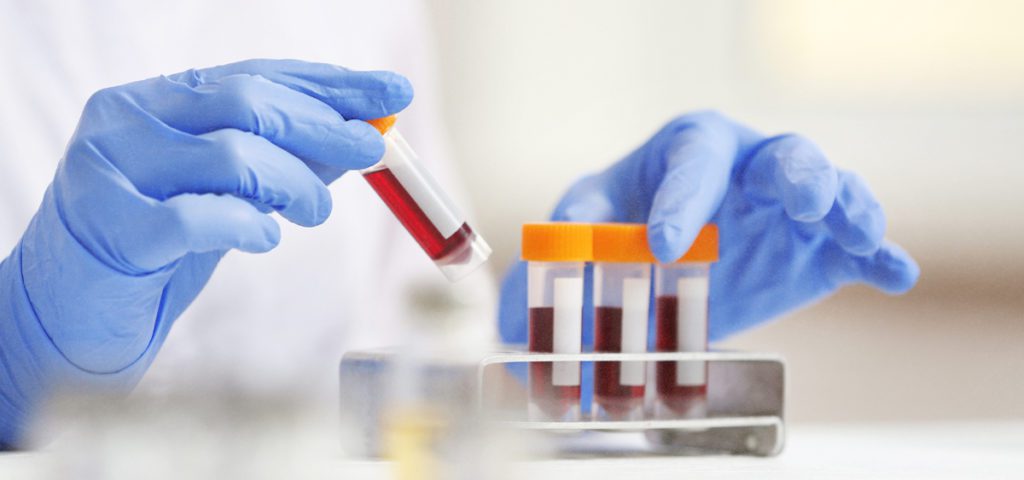Researchers at the University of Sydney in Australia have found that blood and oral fluid THC concentrations are weak indicators of cannabis-induced impairment.
Study: Blood & Saliva Are Poor Indicators of THC Impairment

Full story continued below.
Advertisement
A study by researchers at Australia’s University of Sydney suggests that blood and oral fluid THC concentrations are poor and inconsistent indicators of cannabis-induced impairment. Lead author Dr. Danielle McCartney, from the university’s Lambert Initiative for Cannabinoid Therapeutics, explained that “higher blood THC concentrations were only weakly associated with increased impairment in occasional cannabis users while no significant relationship was detected in regular cannabis users.”
“Of course, this does not suggest there is no relationship between THC intoxication and driving impairment. It is showing us that using THC concentration in blood and saliva are inconsistent markers for such intoxication. … Our results indicate that unimpaired individuals could mistakenly be identified as cannabis-intoxicated when THC limits are imposed by the law. Likewise, drivers who are impaired immediately following cannabis use may not register as such.” — McCartney in a press release
For the study, researchers reviewed data from 28 publications involving the consumption of either ingested or inhaled forms of cannabis, then characterized the relationships between blood and oral fluid THC concentrations and driving performance or driving-related skills such as reaction time or divided attention. For occasional cannabis consumers, some significant correlations between blood and oral fluid THC concentrations and impairment were observed but the researchers determined that most of these correlations were “weak” in strength.
No significant relationship between blood THC concentration and driving performance was observed for ‘regular’ cannabis consumers — or those who use cannabis weekly or more often. The researchers also found that how “stoned” individuals self-reported was also only weakly associated with impairment.
Academic Director of the Lambert Initiative, Professor Iain McGregor, explained that inexperienced cannabis consumers “can ingest a large oral dose of THC and be completely unfit to drive yet register extremely low blood and oral fluid THC concentrations” while experienced consumers “might smoke a joint, show very high THC concentrations, but show little if any impairment.”
“THC concentrations in the body clearly have a very complex relationship with intoxication,” McGregor said in a statement. “The strong and direct relationship between blood-alcohol concentrations and impaired driving encourages people to think that such relationships apply to all drugs, but this is certainly not the case with cannabis.”
The study was published last month in the journal Neuroscience & Biobehavioral Reviews.
Get daily news insights in your inbox. Subscribe
End